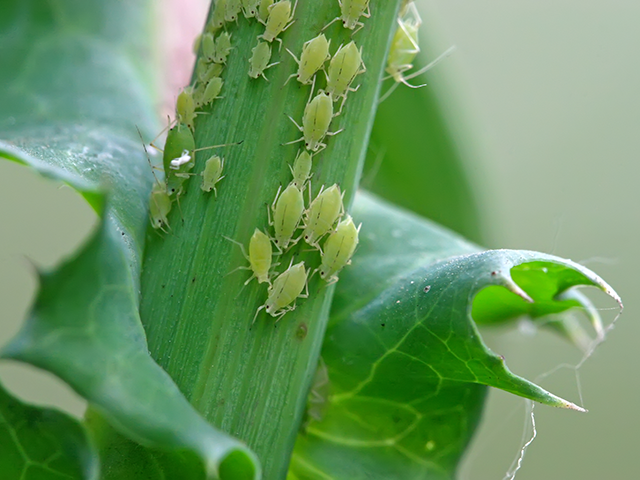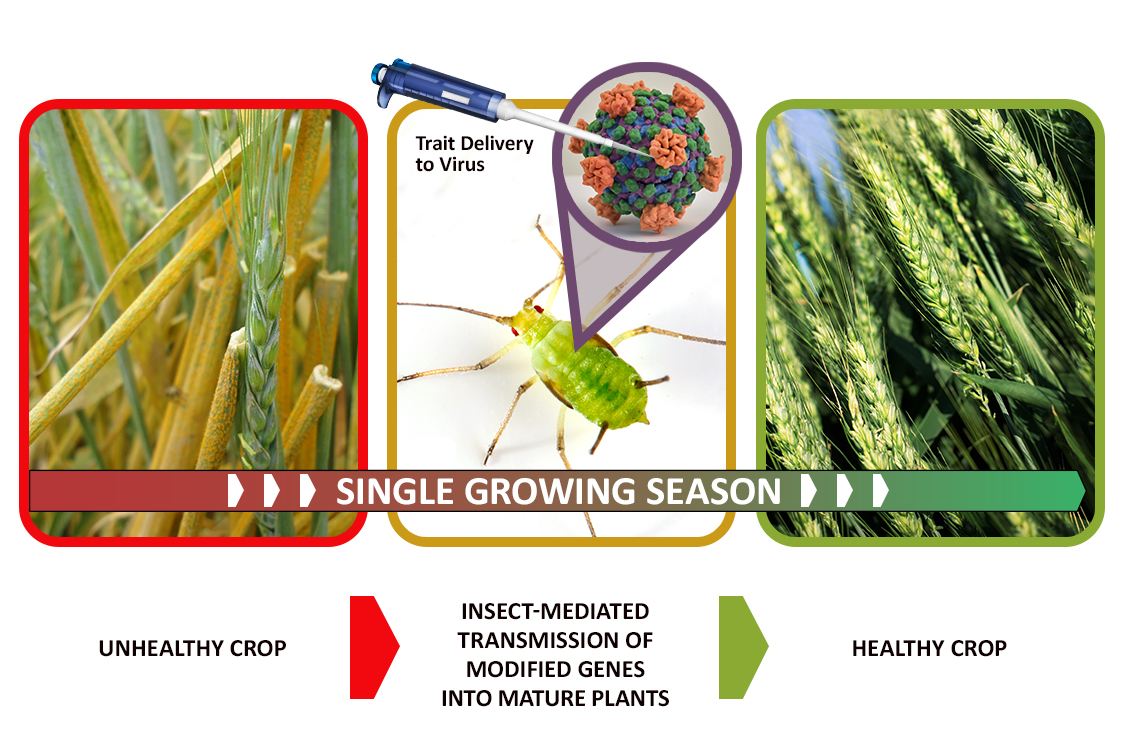China’s state-run Global Times took a stab on Tuesday at blaming the impending global food crisis not on the invasion of Ukraine by China’s ally Russia, or the worldwide shipping disruptions caused by China’s brutal coronavirus lockdowns, but on super-insects weaponized by the U.S. military and dispatched to cause deliberate famines in “rival countries.”
The Global Times admitted the “conflict between Russia and Ukraine has led to a global food crisis,” without mentioning which of those countries invaded the other, but claimed the real danger is a U.S. military program called “Insect Allies” that uses bugs to deliver a “genetically engineered virus” that “could affect crop growth by altering which genes the plants express.”
The Global Times breathlessly claimed “experts” are worried the U.S. is about to unleash all-out bug-based bio-warfare:
The intentions of the Pentagon are also in question – is it really to save humanity from starvation, or will it, on the contrary, deliberately cause a humanitarian crisis in order to serve some “military aims.”
Experts reached by the Global Times said the Insect Allies is turning this concern into a real potential danger. “Why do they use insects as carriers? Why does the US build bio-labs near other countries like Russia? When the Pandora’s Box is opened, a series of disasters will follow,” said an expert.
However, this is just a tip of the iceberg as a project with a potential biological weapons threat. In addition to the Insect Allies program, the US has conducted biological experiments around the world in said notorious “bio-labs” disregarding human safety and natural ethics while blatantly violating the “Biological Weapons Convention.”
As the Chinese Communist paper admitted later in its fulminations, the Insect Allies program is a project described by the Defense Advanced Research Projects Agency (DARPA) in 2016. The idea was to find a way to deliver gene therapy to crops using insects, which are also the transmission system for the most destructive plant viruses.
Researchers hoped such a system might be able to save harvests by making live plants more resistant to famine-causing diseases, as opposed to letting crops die and replacing them with genetically-modified virus-resistant new plants.
DARPA argued that insects could provide a faster, more economical, and safer means of spreading virus protection than industrial sprayers. The agency hoped Insect Allies could become effective enough to save crops from drought, flooding, and frost.
The Insect Allies concept was immediately met with some skepticism about whether it could be effective – and conspiracy theories about how it could be weaponized to carry harmful agents.
A prominent critique of the program in 2016 wondered if DARPA might be developing Insect Allies because U.S. intelligence believed a hostile nation was already working on insect-borne genetic weapons. DARPA said nothing about imminent threats, but did say Insect Allies could become an effective defense against “threats introduced by state or non-state actors.”
DARPA denied the conspiracy theories, saying that while it understood concerns about “potential dual use of technology” for malevolent purposes, Insect Allies would be a “transparent and university-led research project” conducted under tight biosecurity protocols.
The Global Times editorial was essentially a grab bag of everything negative its authors could find critics saying about Insect Allies with a quick web search, hastily stitched together into a propaganda hit that builds off Chinese and Russian conspiracy theories about U.S. bioweapons labs in Ukraine – and, of course, Beijing’s enduring desire to thwart investigations into the true origins of the Wuhan coronavirus.


COMMENTS
Please let us know if you're having issues with commenting.